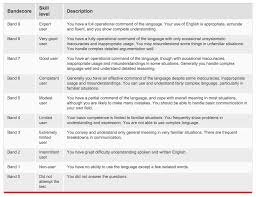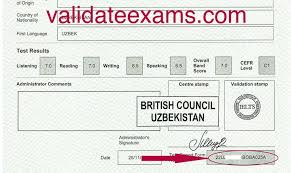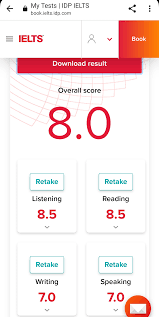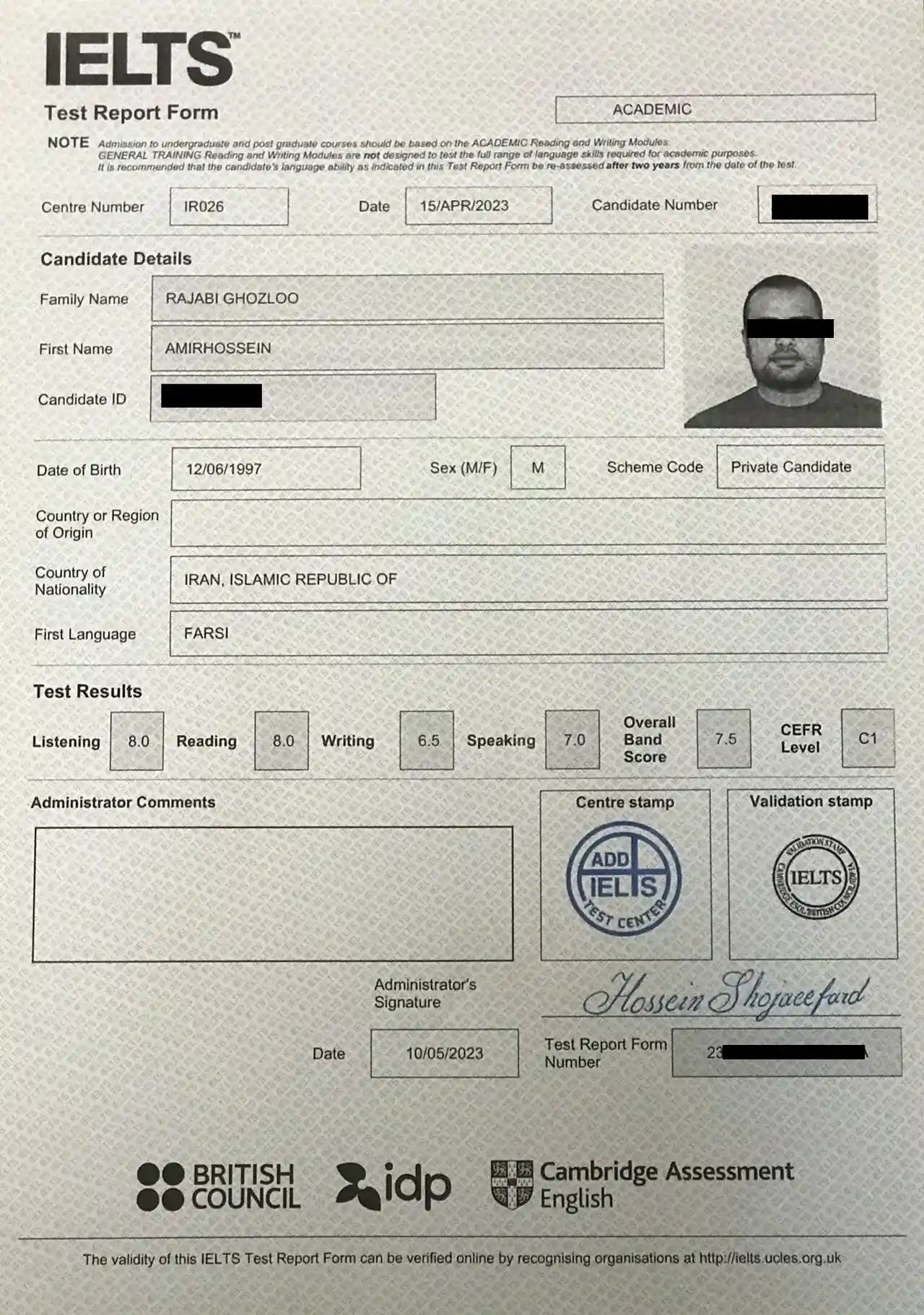Ielts Score Meaning, The International English Language Testing System (IELTS) is one of the most recognized English proficiency tests globally. Whether you’re planning to study, work, or migrate to an English-speaking country, your IELTS score is a crucial element in demonstrating your language proficiency. But what exactly do these scores mean? In this article, we’ll break down the IELTS score meaning and how it can impact your future.
Understanding the IELTS Score Scale
The IELTS test evaluates your English skills in four key areas: Listening, Reading, Writing, and Speaking. Each section is scored on a band scale of 0 to 9, where each band corresponds to a specific level of English proficiency.
- Band 9: Expert User
A Band 9 indicates that you have full operational command of the English language. You can handle complex information accurately and understand nuanced language with ease. This score is usually required for highly specialized professional roles or academic positions. - Band 8: Very Good User
A Band 8 score suggests that you have a very good command of the English language with occasional unsystematic inaccuracies. You can grasp detailed arguments and express ideas fluently. - Band 7: Good User
Scoring a Band 7 means you have an operational command of English, with occasional inaccuracies and misunderstandings in some situations. This score is often the minimum requirement for postgraduate studies or managerial roles. - Band 6: Competent User
A Band 6 score indicates a generally effective command of English, despite some mistakes and misunderstandings. Many undergraduate programs and skilled jobs require at least this level of proficiency. - Band 5: Modest User
A Band 5 reflects a partial command of the language. You can manage basic communication in your field, but are likely to make frequent mistakes. This score might be acceptable for some vocational training programs. - Band 4: Limited User
A Band 4 score shows that your basic competence is limited to familiar situations. You may struggle with more complex language and have difficulty in understanding and expressing yourself. - Band 3: Extremely Limited User
With a Band 3, your ability to communicate in English is severely restricted. You may only be able to convey and understand general meaning in very familiar situations. - Band 2: Intermittent User
A Band 2 indicates that you have great difficulty understanding spoken and written English. Communication is limited to very basic information. - Band 1: Non-User
A Band 1 suggests that you have no real ability to use the language, except for a few isolated words. - Band 0: Did Not Attempt the Test
Band 0 is given when a candidate does not attempt the test at all.
How IELTS Scores are Calculated
Each section of the IELTS test (Listening, Reading, Writing, and Speaking) is scored individually. The four scores are then averaged to produce an overall band score. This overall score is what most institutions and organizations will focus on, although some may set minimum requirements for each section.
For example, if you scored the following:
- Listening: 7.5
- Reading: 7.0
- Writing: 6.5
- Speaking: 7.0
Your overall band score would be the average of these four scores, which in this case is 7.0.
IELTS Score Requirements
Different institutions, universities, and organizations have varying IELTS score requirements based on the nature of the course or job. For instance:
- Academic Institutions: Universities might require a minimum overall score of 6.5 to 7.5, with no band less than 6.0 in any section, depending on the program.
- Immigration Purposes: Countries like Canada, Australia, and the UK have specific score requirements for different visa categories.
- Professional Registration: Professions such as medicine, law, and engineering often require higher scores, sometimes Band 7.0 or above.
Conclusion
Understanding your IELTS score meaning is crucial as it directly impacts your eligibility for various opportunities. It’s not just a number; it reflects your ability to function effectively in an English-speaking environment. Preparing thoroughly and aiming for the best possible score can open doors to new academic, professional, and personal opportunities around the world.
Whether you’re aiming for a high score to pursue further studies or looking to meet the minimum requirement for a visa application, knowing the IELTS score meaning helps you set clear goals and focus your preparation efforts accordingly.



